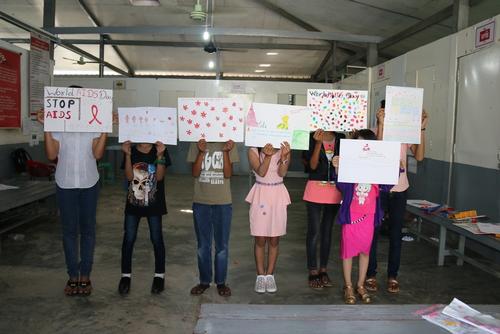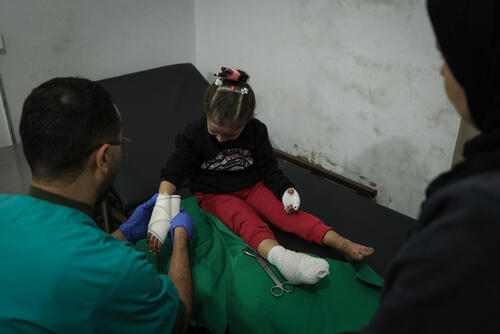Myanmar’s estimated one million Rohingya, a Muslim ethnic minority residing primarily in Rakhine State, have been subjected to decades of persecution and discrimination, in law and in practice. This has resulted in a protracted displacement crisis in the region, with two mass movements of Rohingya to Bangladesh in 1978 and 1991-92 and a continued influx since then.
Recent BGP/military operations have been accompanied by widespread and serious human rights abuses, such as arbitrary arrests, extrajudicial and other unlawful killings, rapes, looting and arson, according to reports. This violence has caused displacements both within Northern Rakhine State and towards Bangladesh, where recent estimates put the number of newly arrived refugees at 66,005 as of 5 January 2017 – a number which continues to grow.
MSF has made available the following briefing note, 'The Situation of Rohingyas Fleeing Myanmar to Bangladesh', which describes these recent events in more detail, and makes a series of recommendations to both the Government of Myanmar and the Government of Bangladesh, along with other key actors.
Prior to the recent influx, there were 6,786 makeshift shelters in Kutupalong Makeshift Settlement (KMS), Bangladesh, hosting approximately 35,000 unregistered refugees in extremely poor conditions. A total of 13,214 new arrivals (representing 2,674 households) had taken refuge in the camp as of 29 December 2016, putting a heavy strain on an already excessively vulnerable population.
MSF’s clinic in Kutupalong saw an increase in patients from late November 2016, corresponding with a large influx of new arrivals following intensified military operations in Myanmar; this impact was even more marked in December. In the second week of December, MSF medical staff provided 487 consultations to new arrivals, compared to a weekly average of 157 consultations before December.
In order to prevent more Rohingya refugees from crossing into Bangladesh, the Bangladeshi government has detained refugees and tightened its borders. This has included pushing Rohingya back from the border into Myanmar, which is in breach of the principle of non-refoulement.
The briefing paper outlines these events in further detail.





